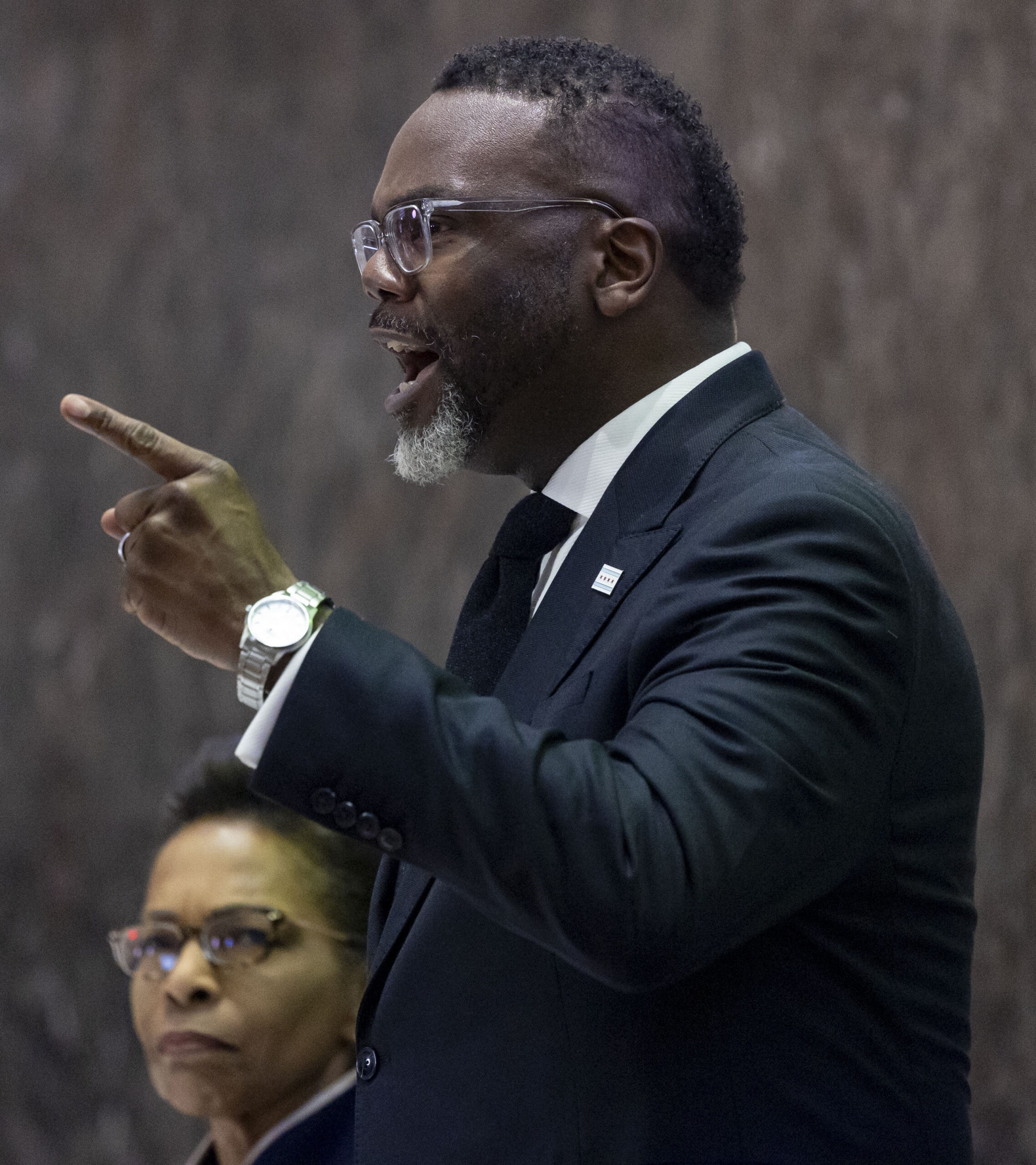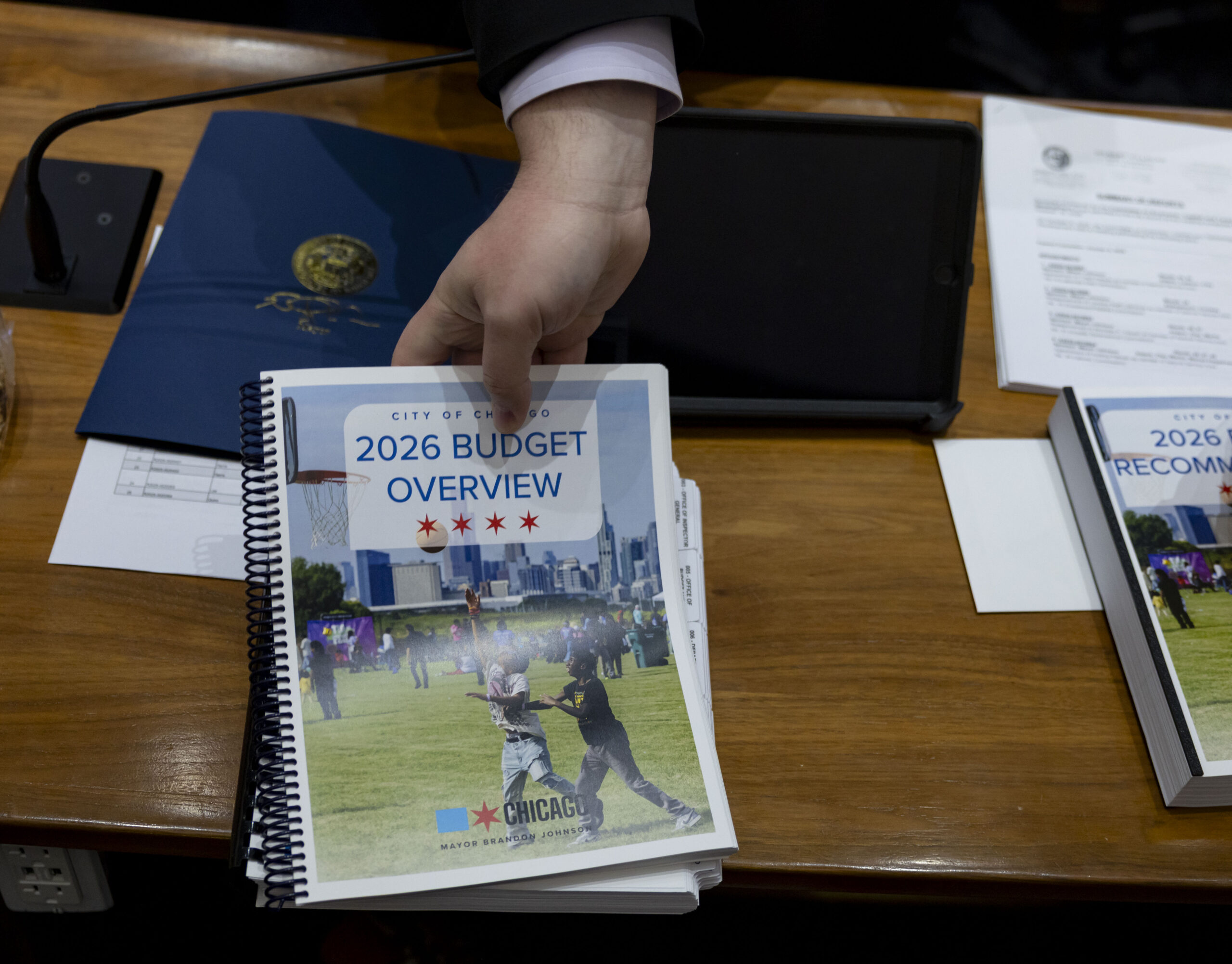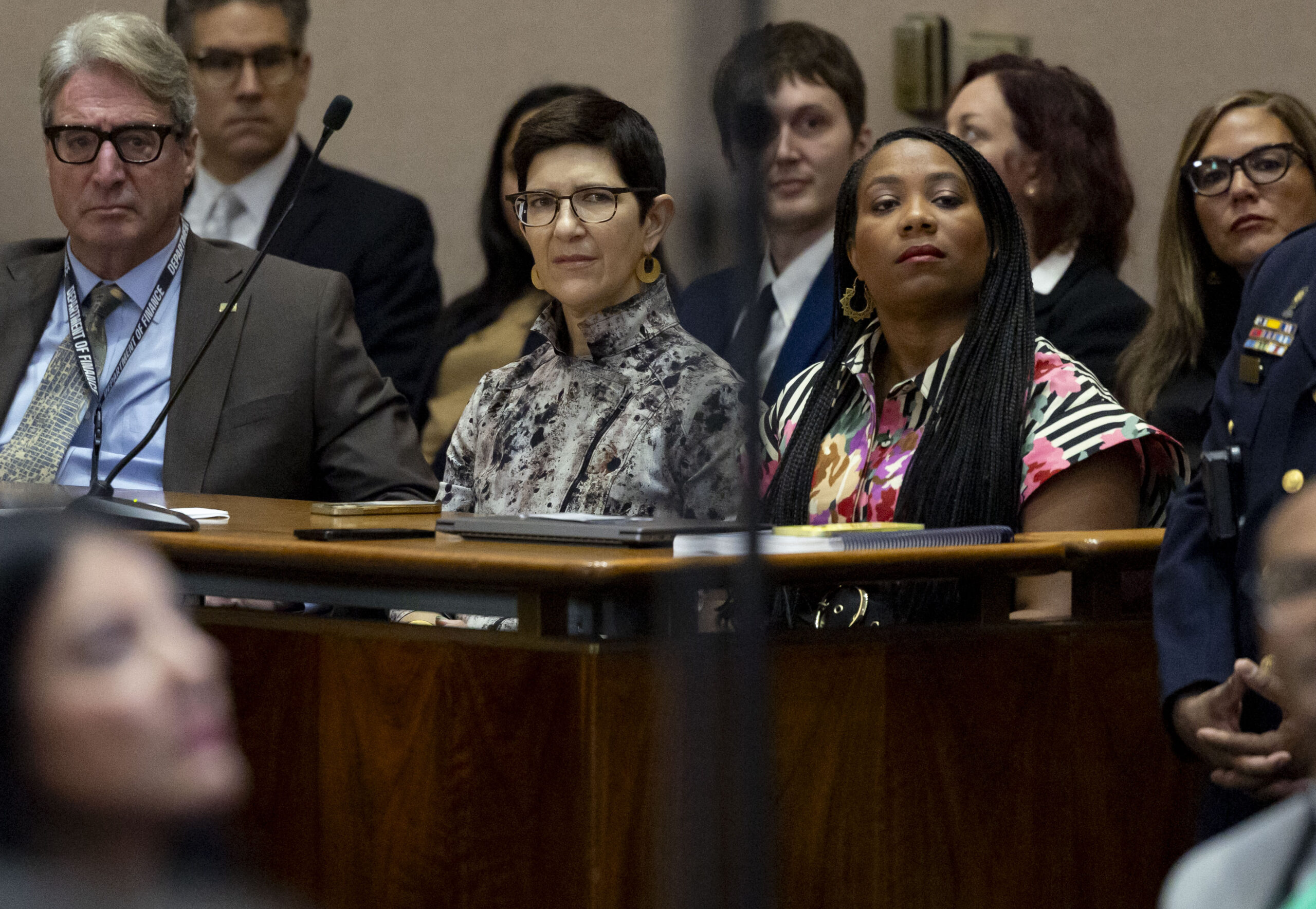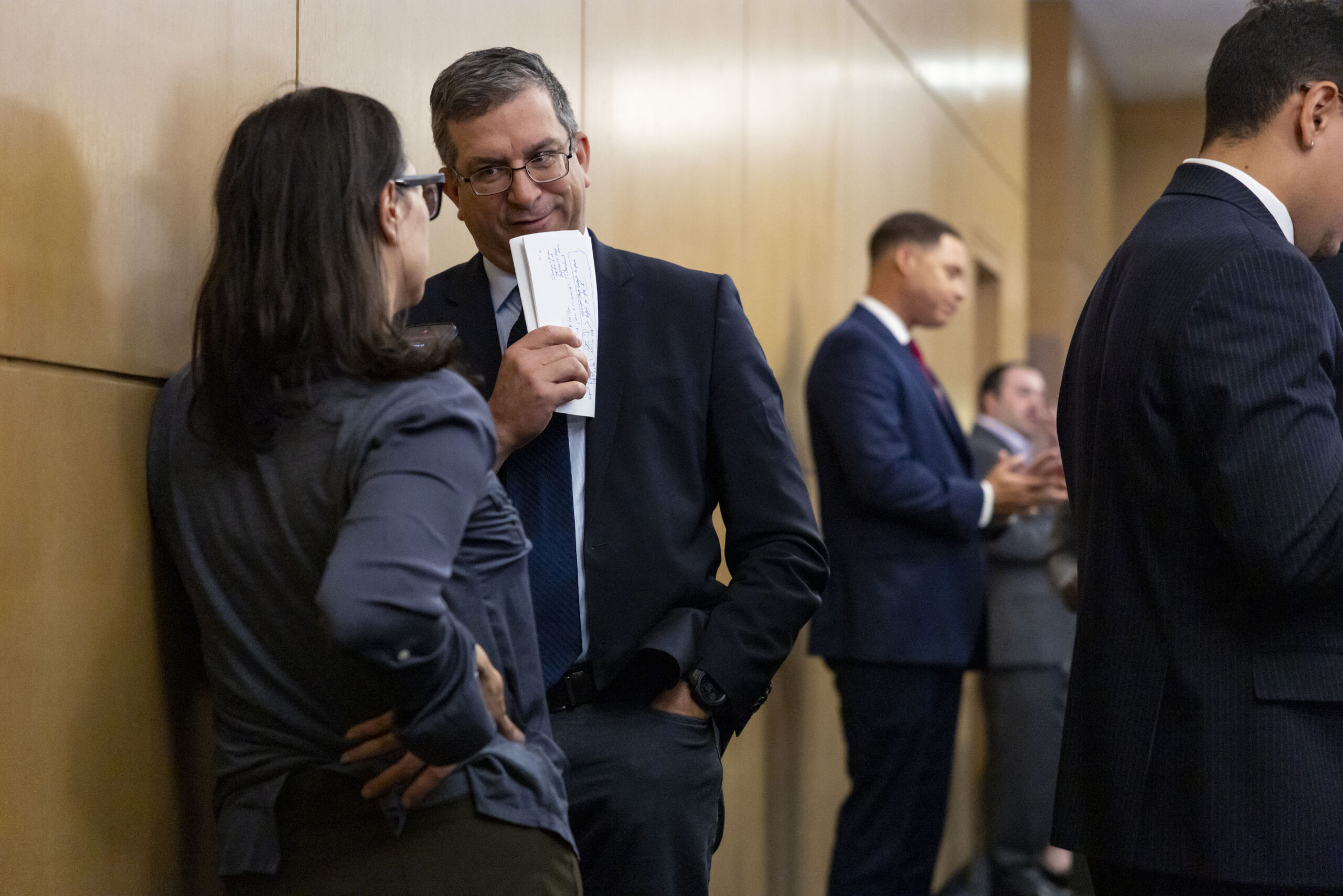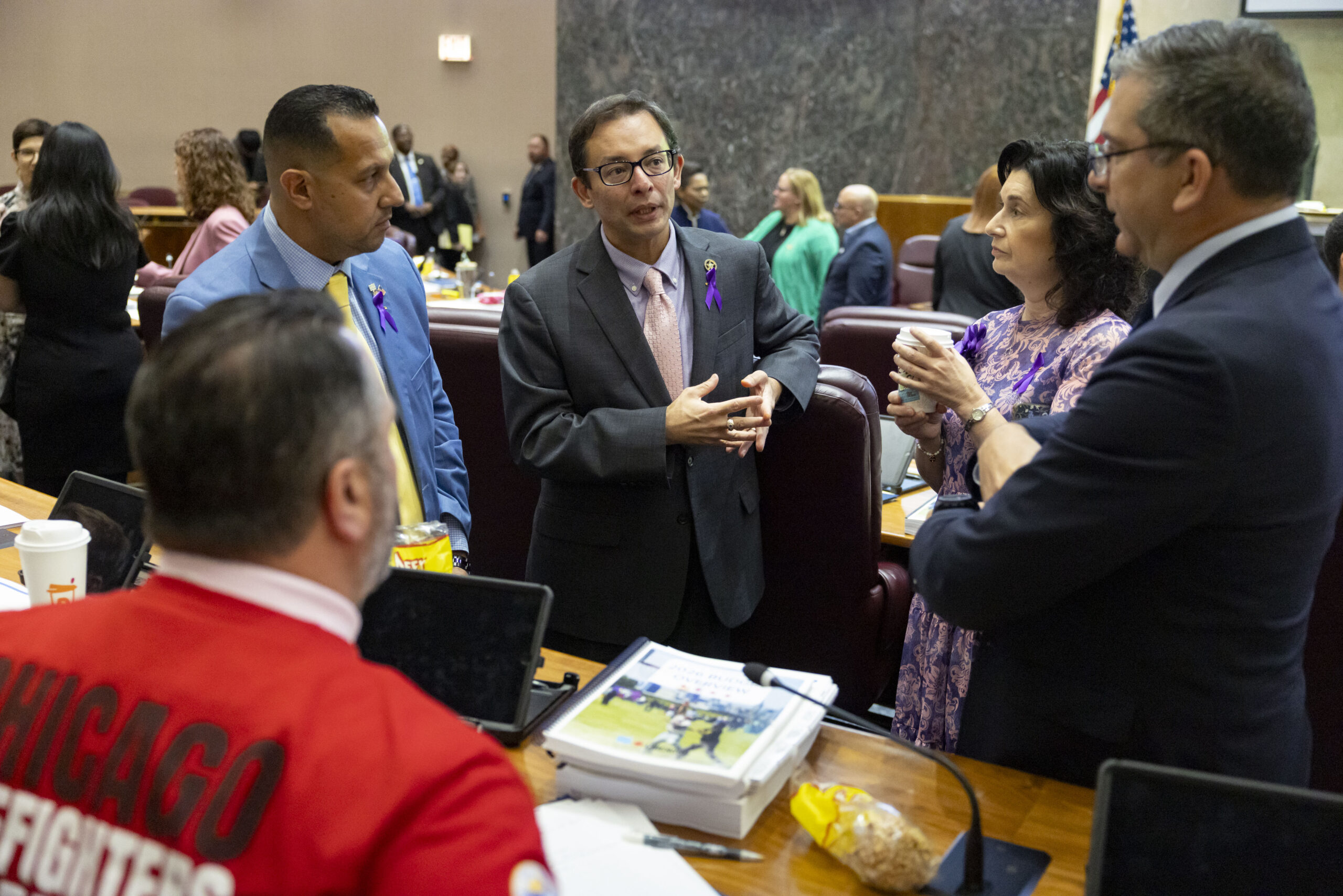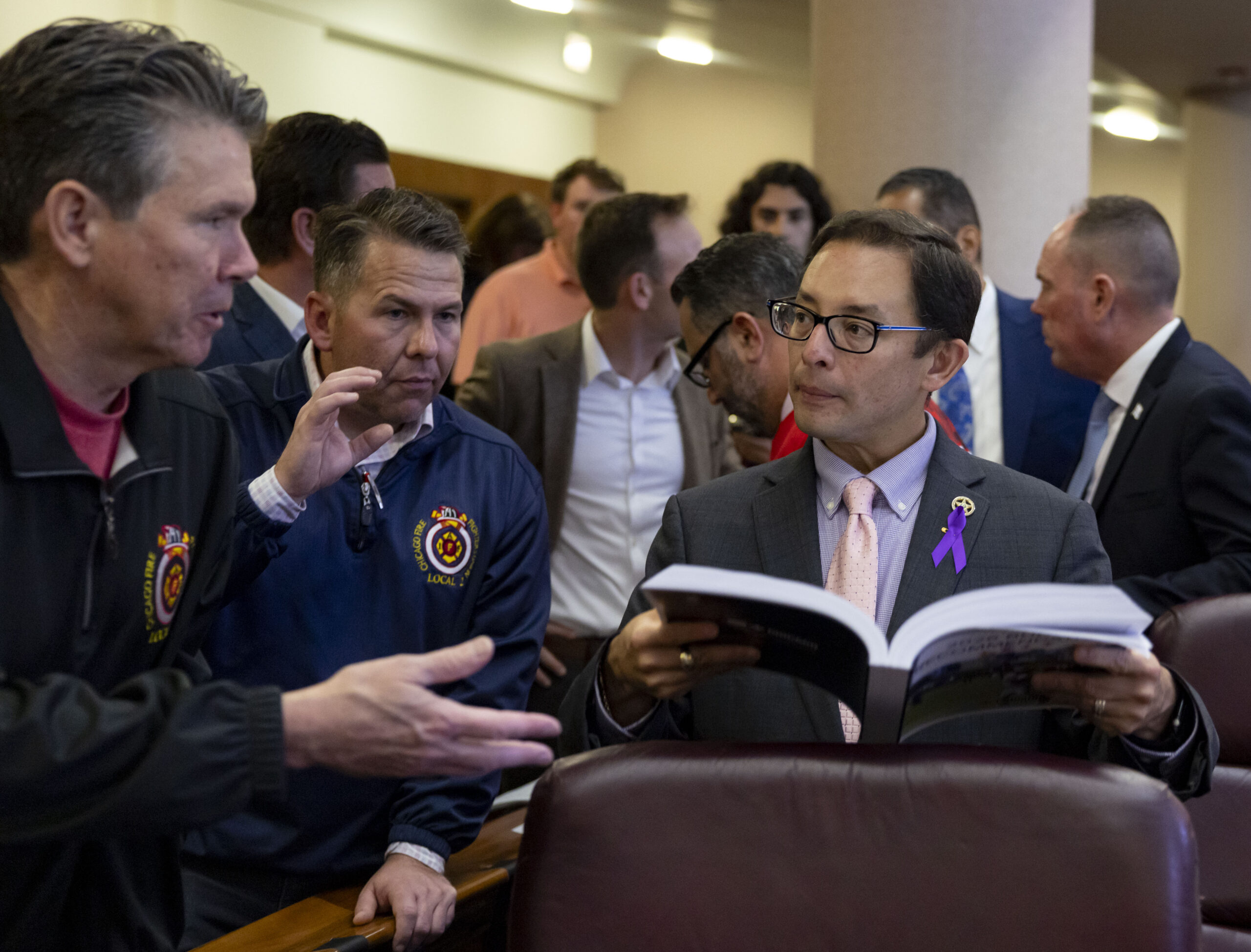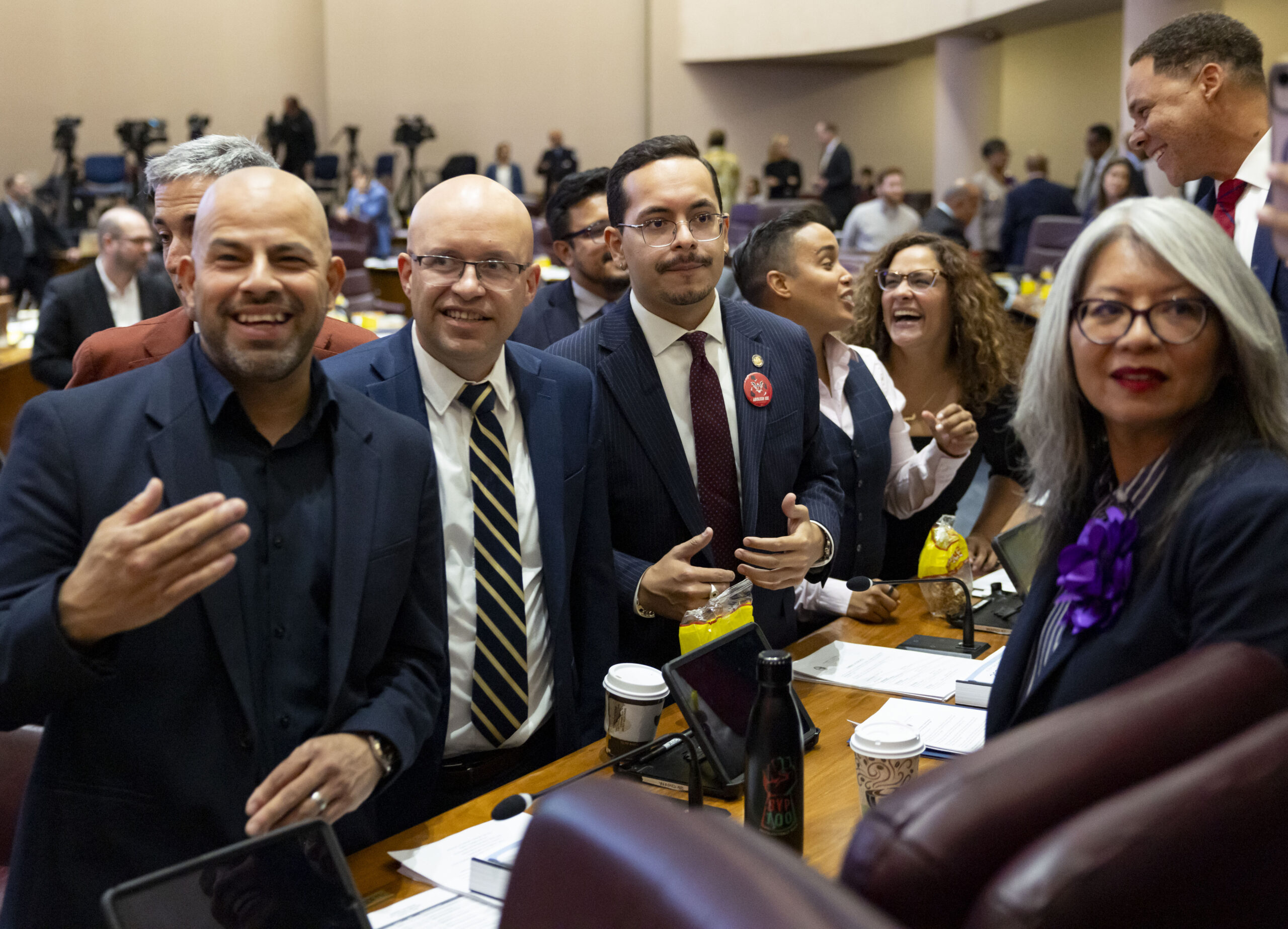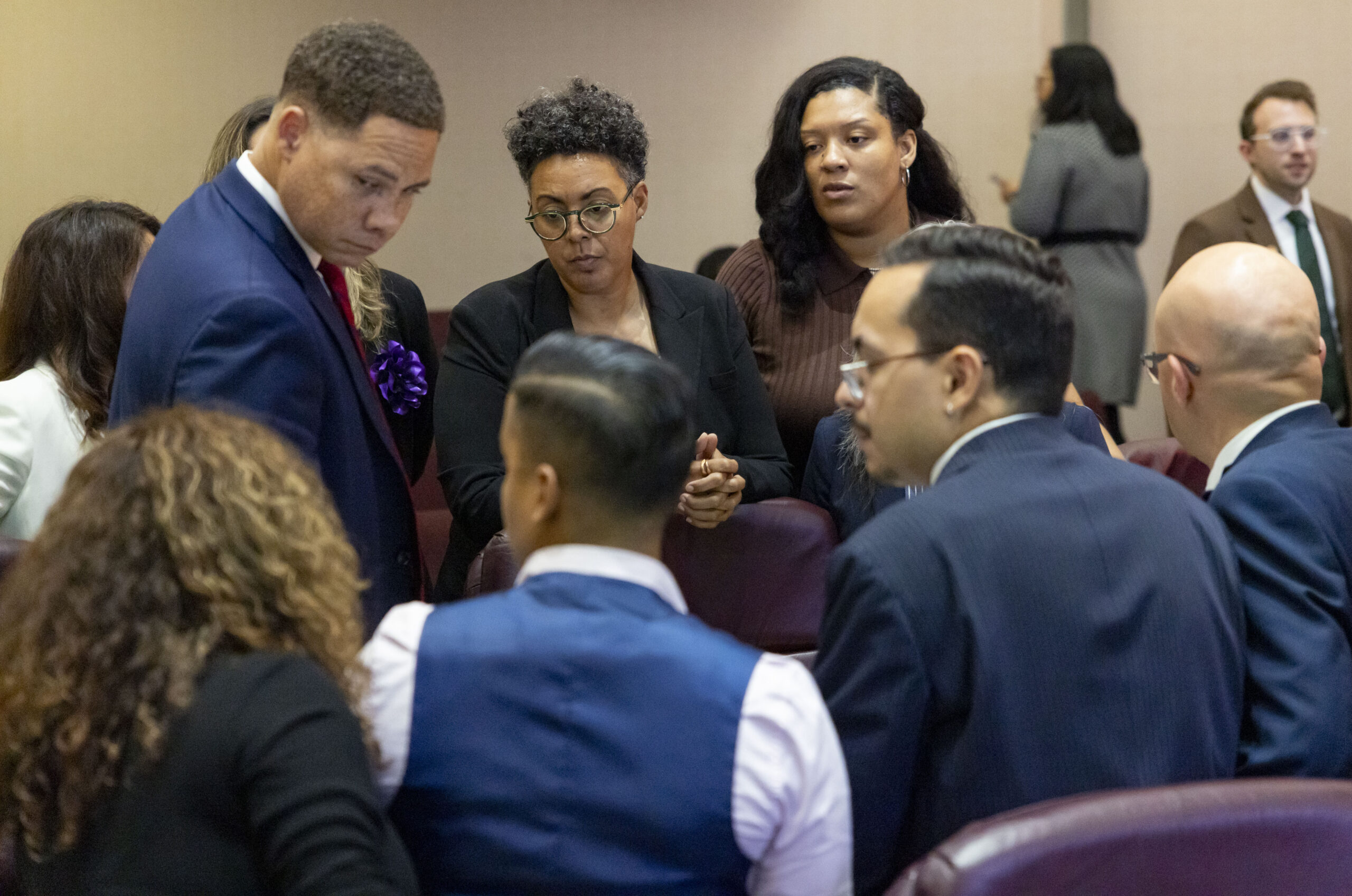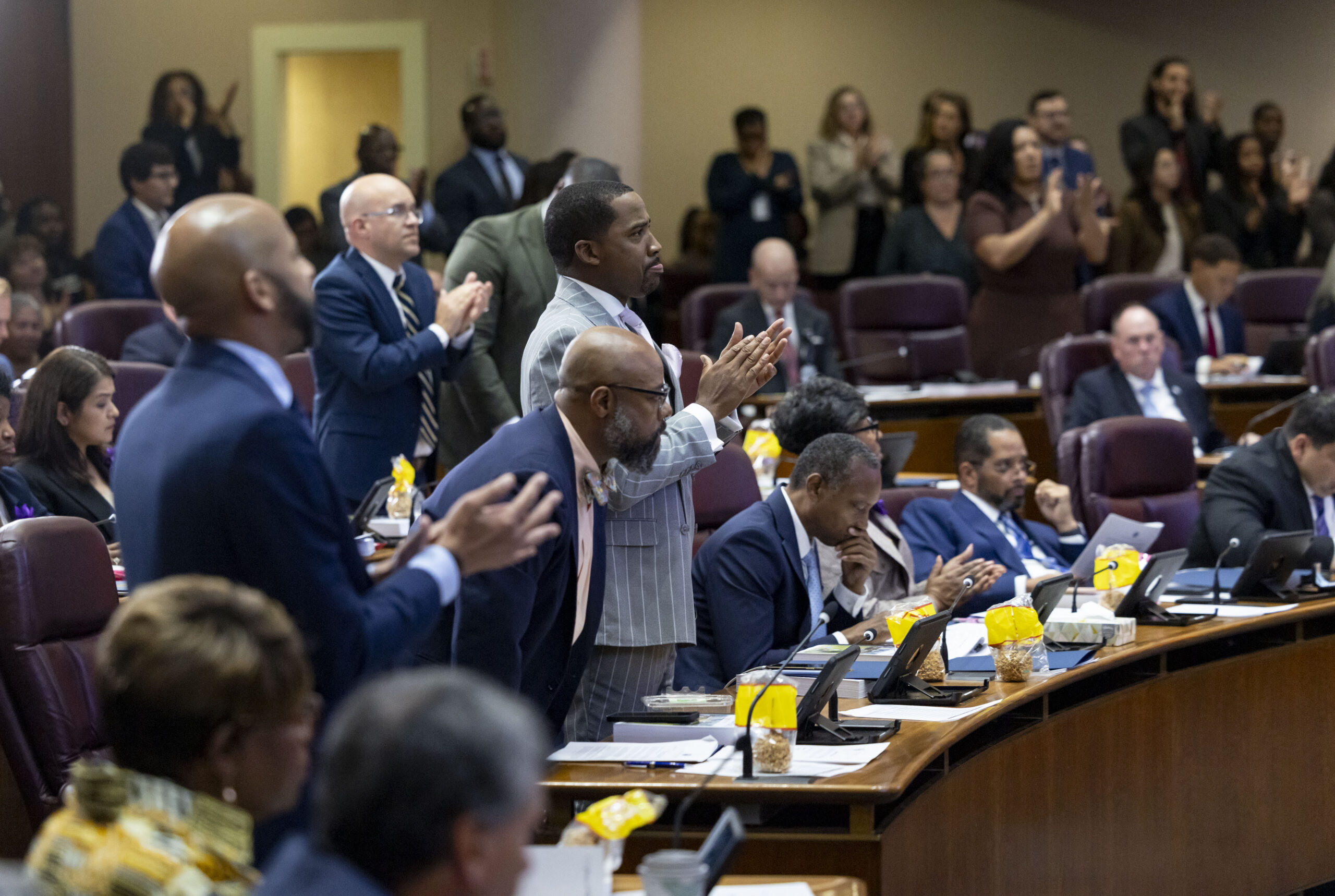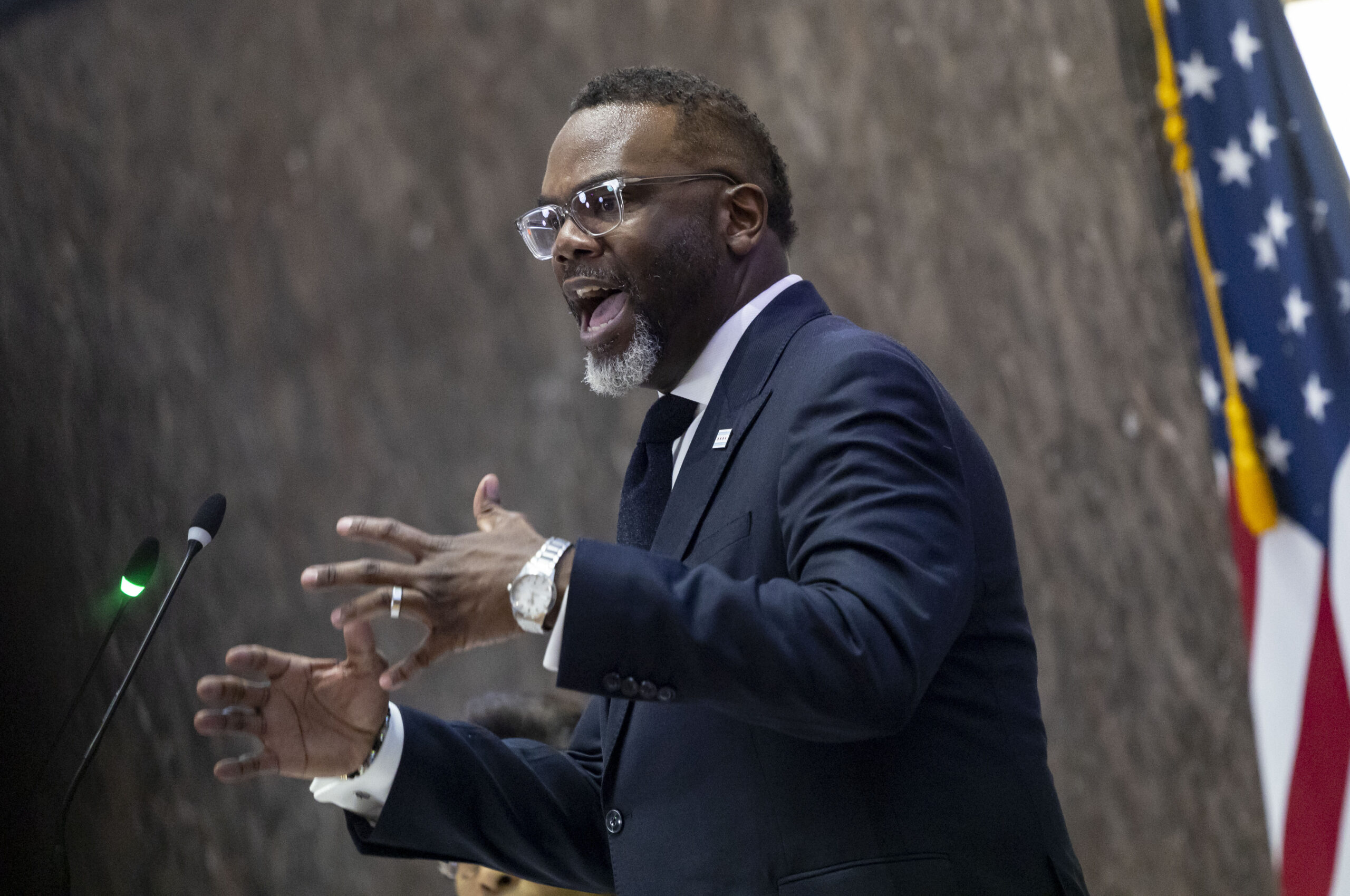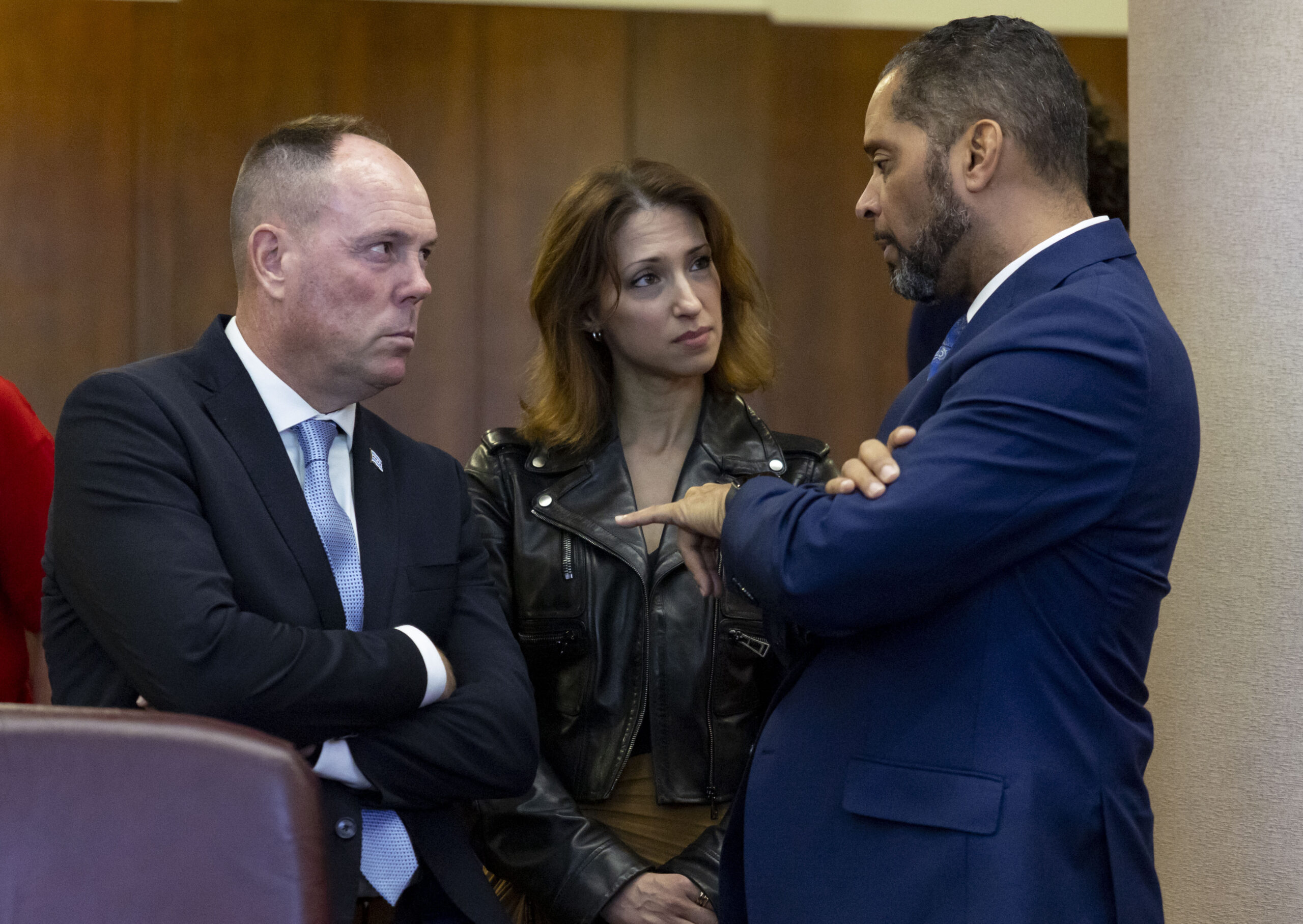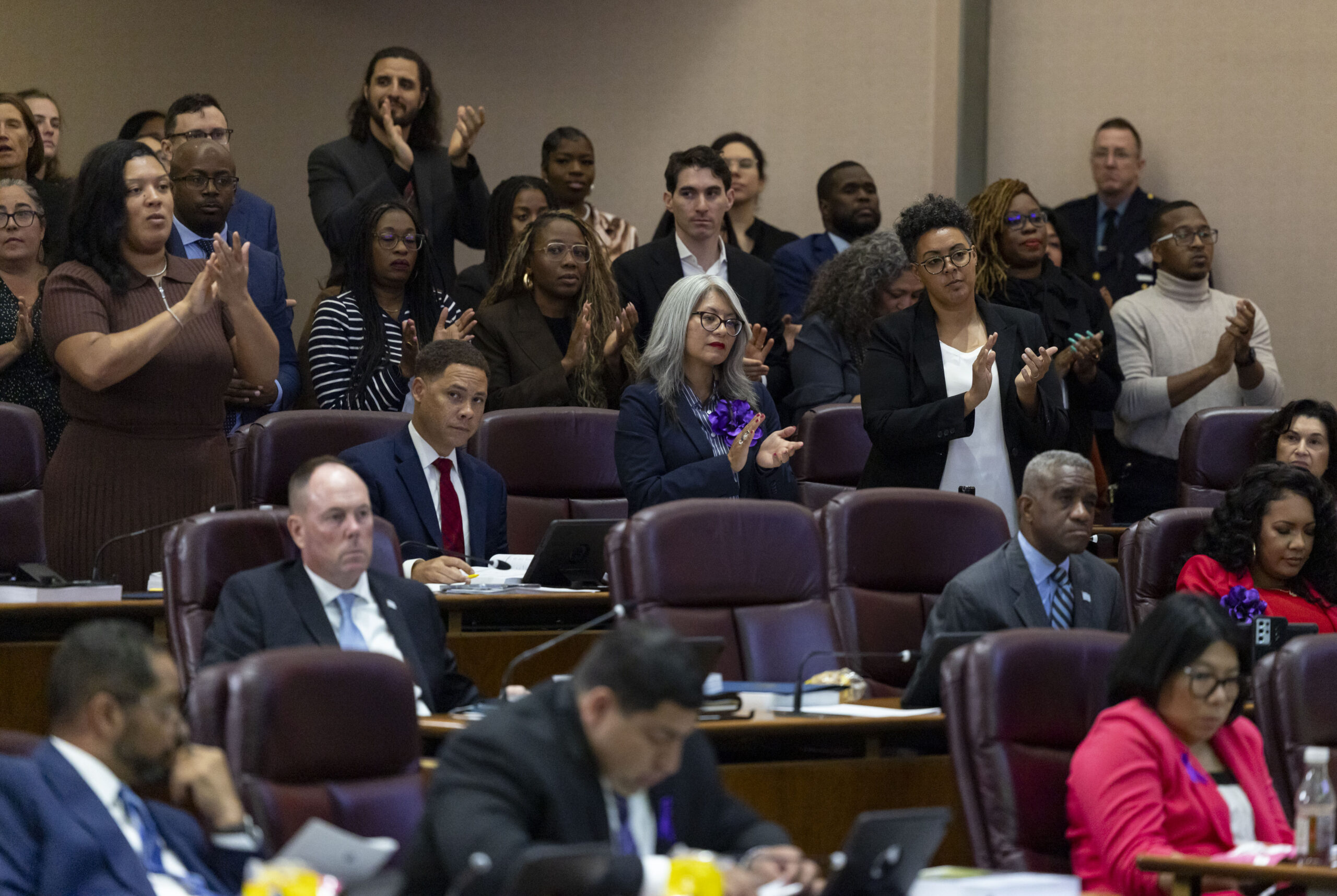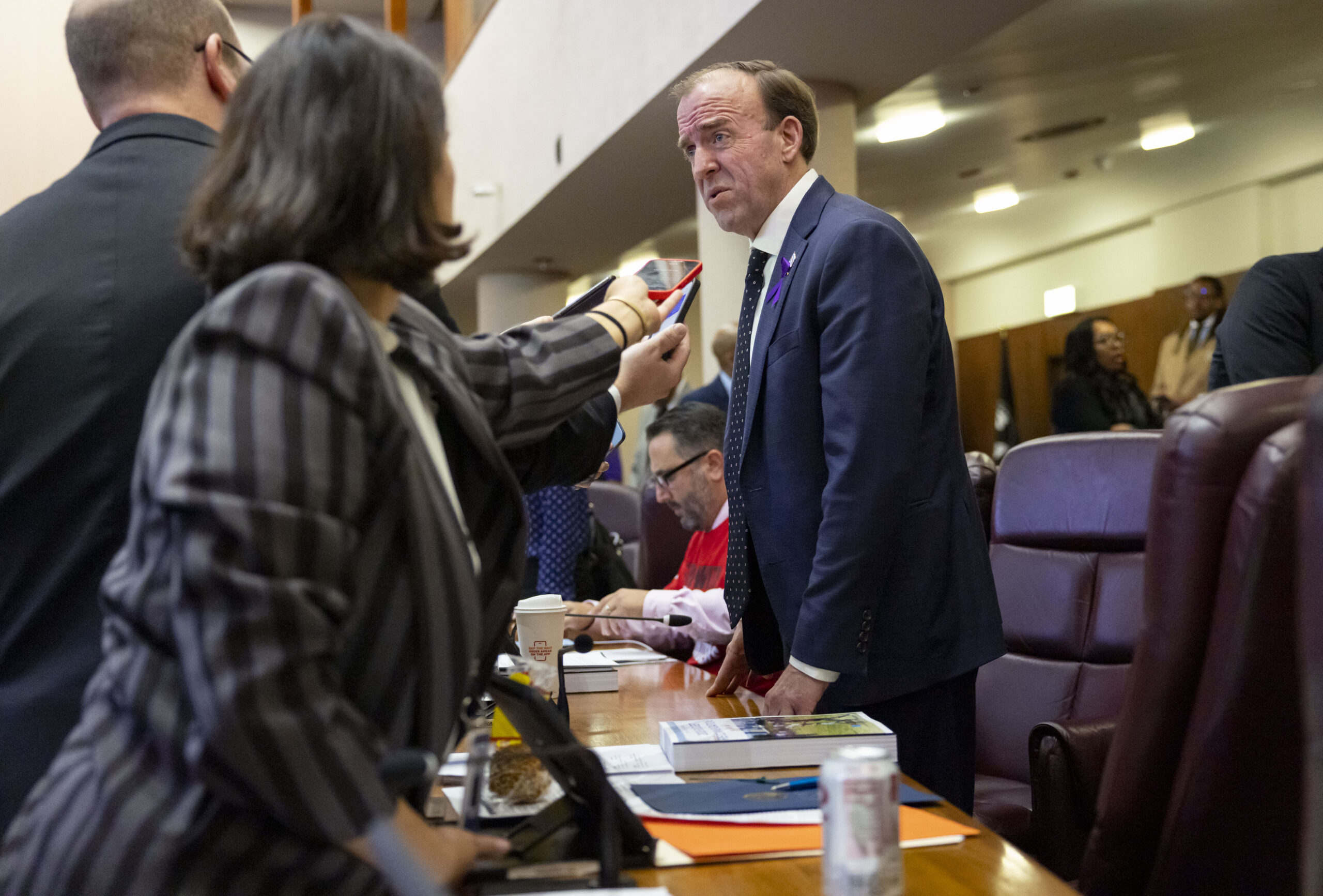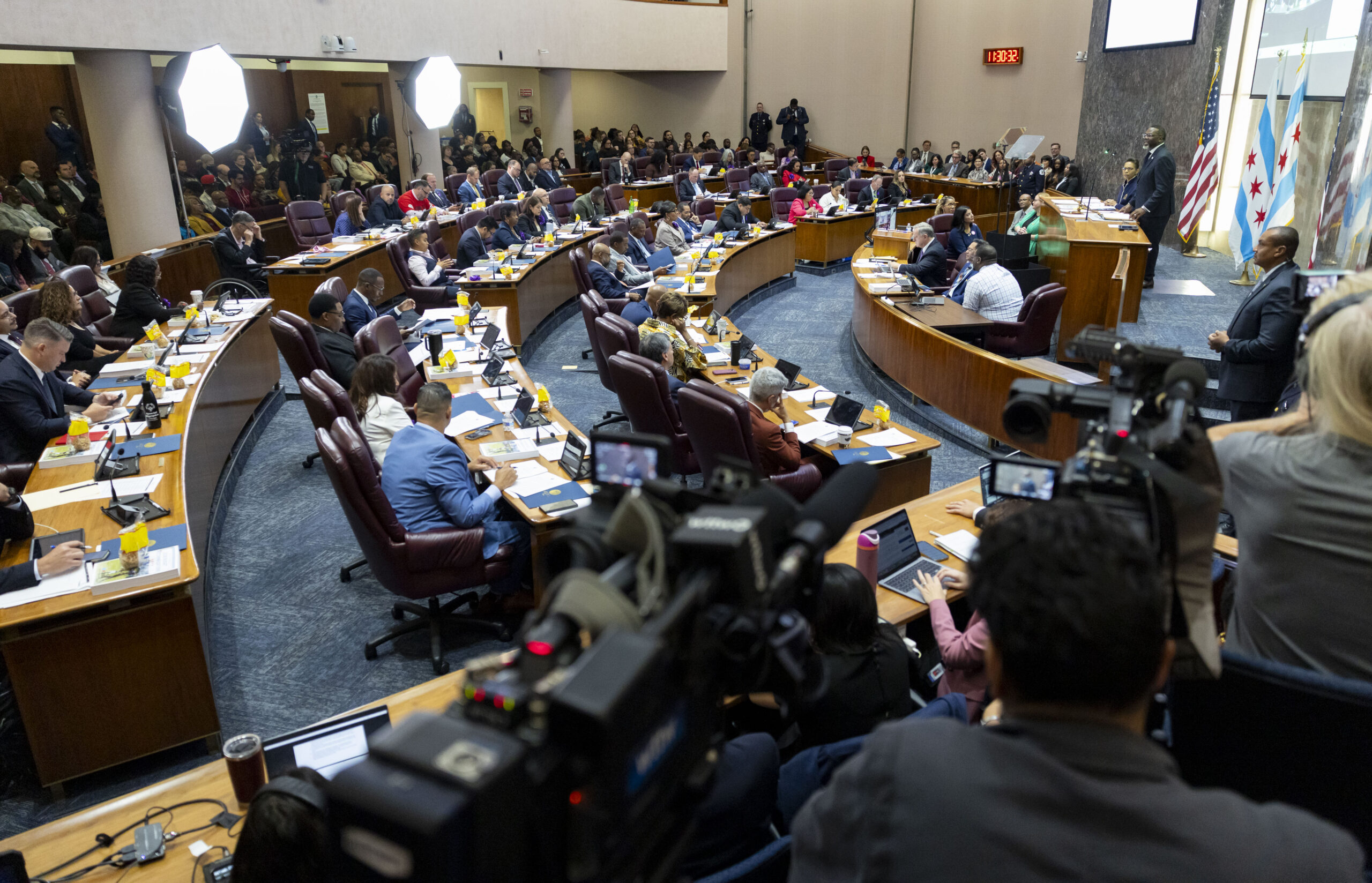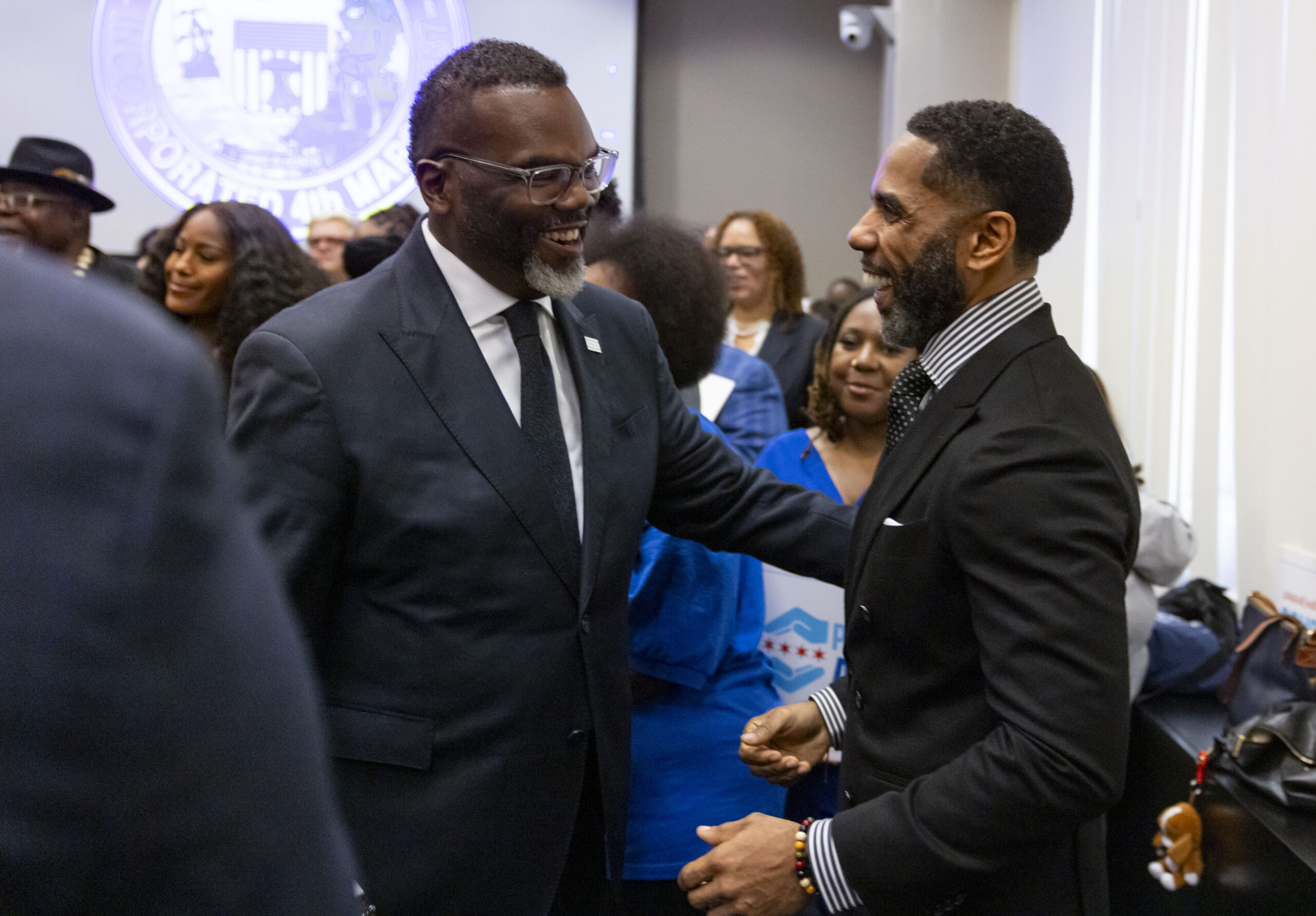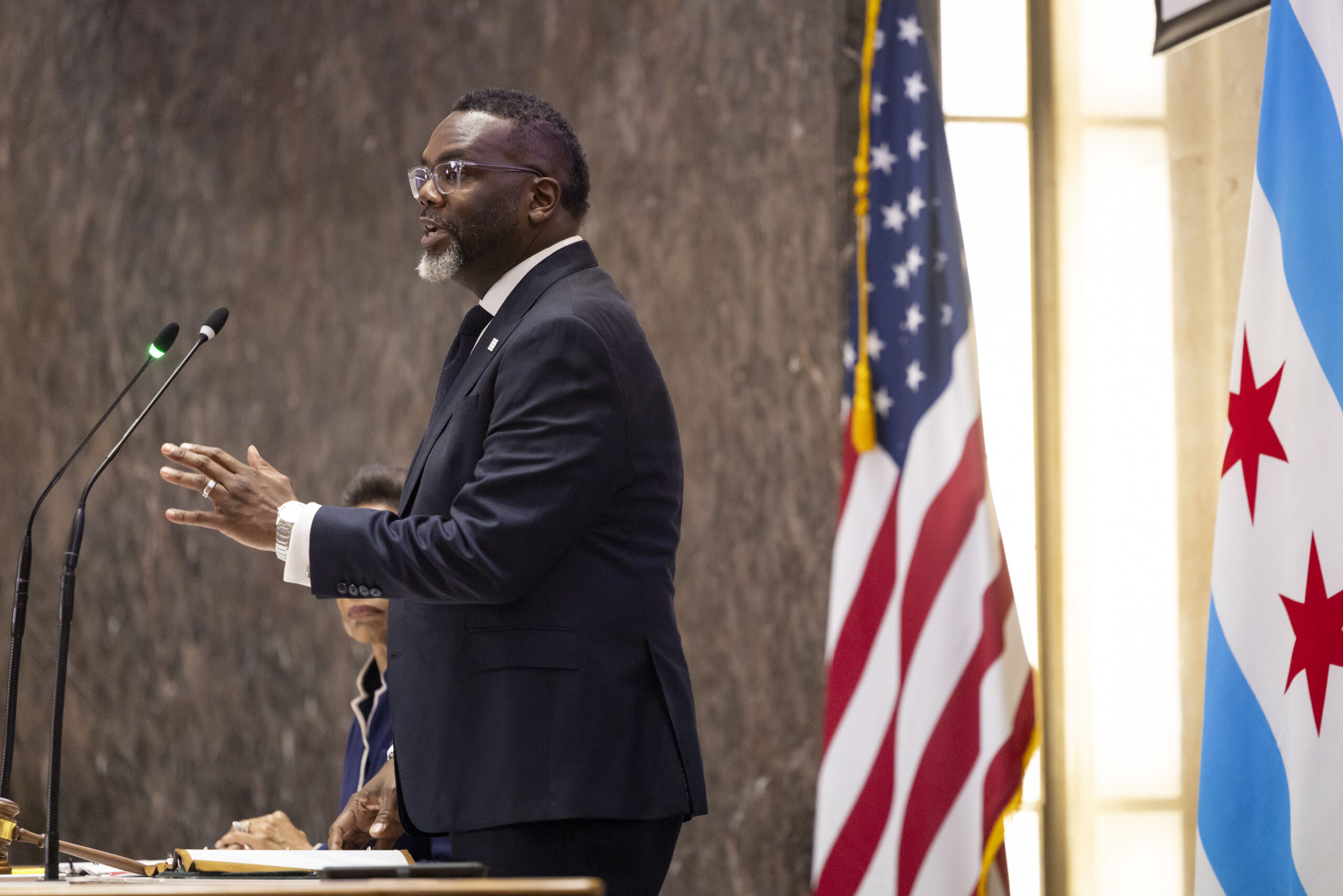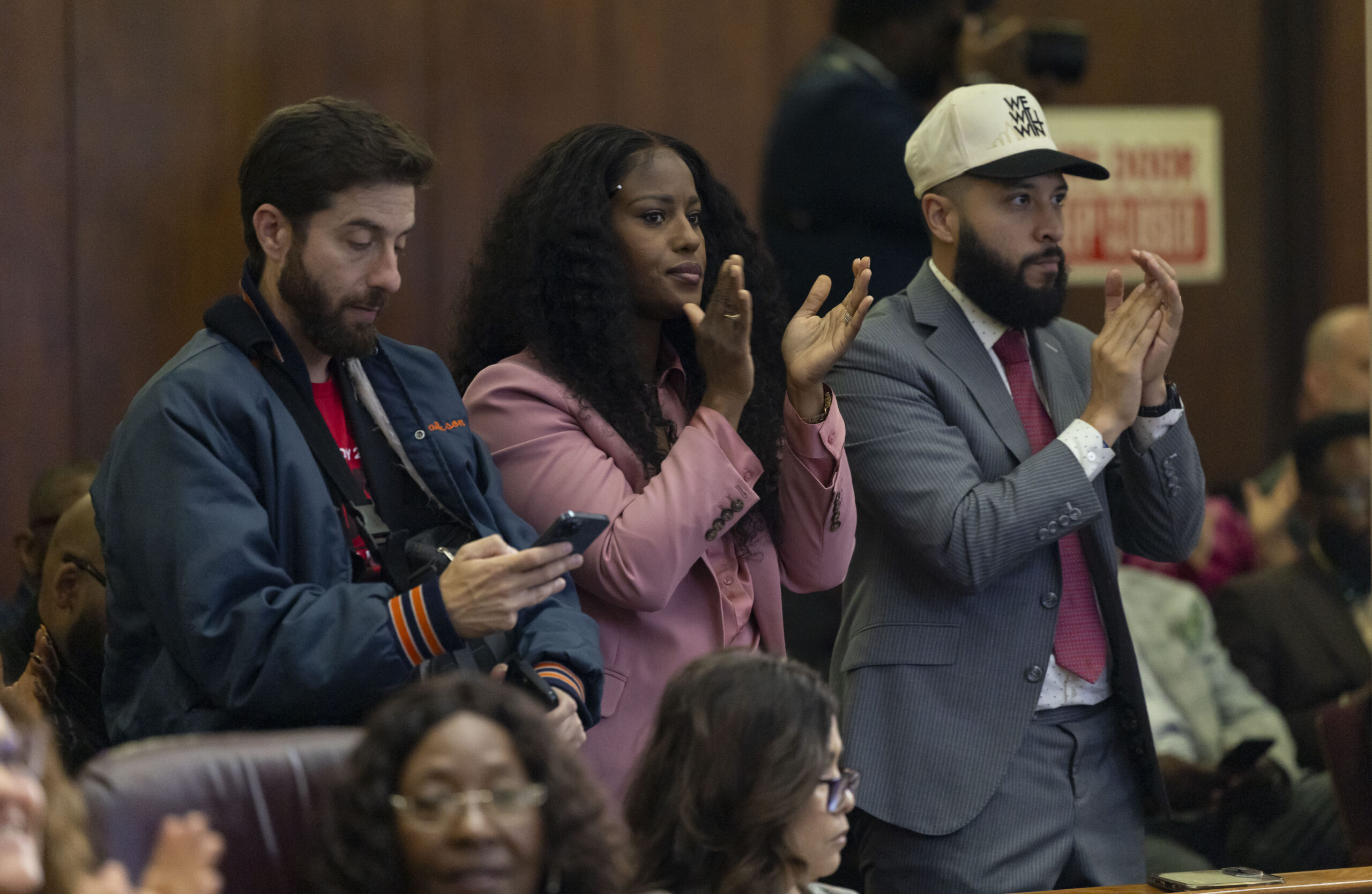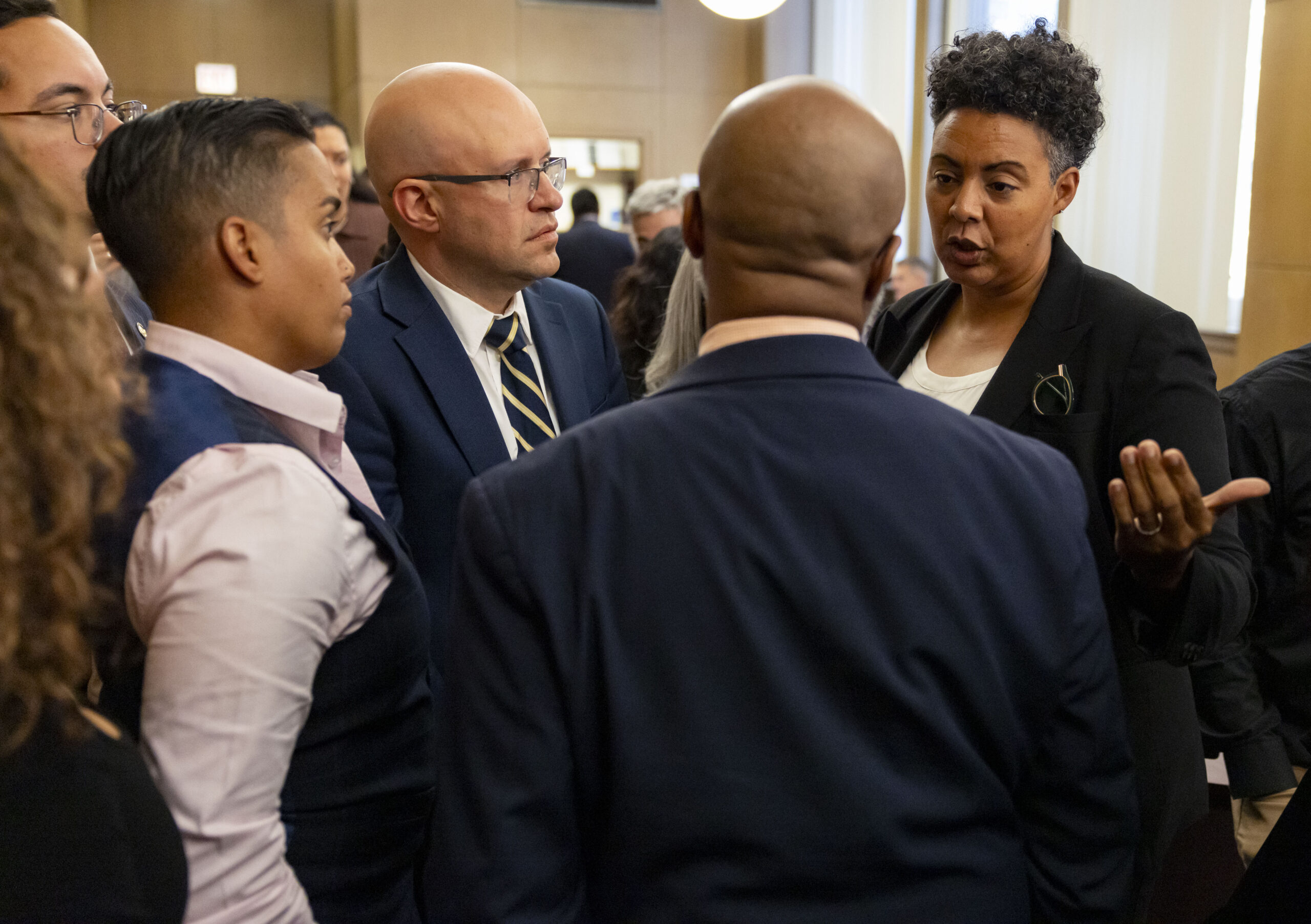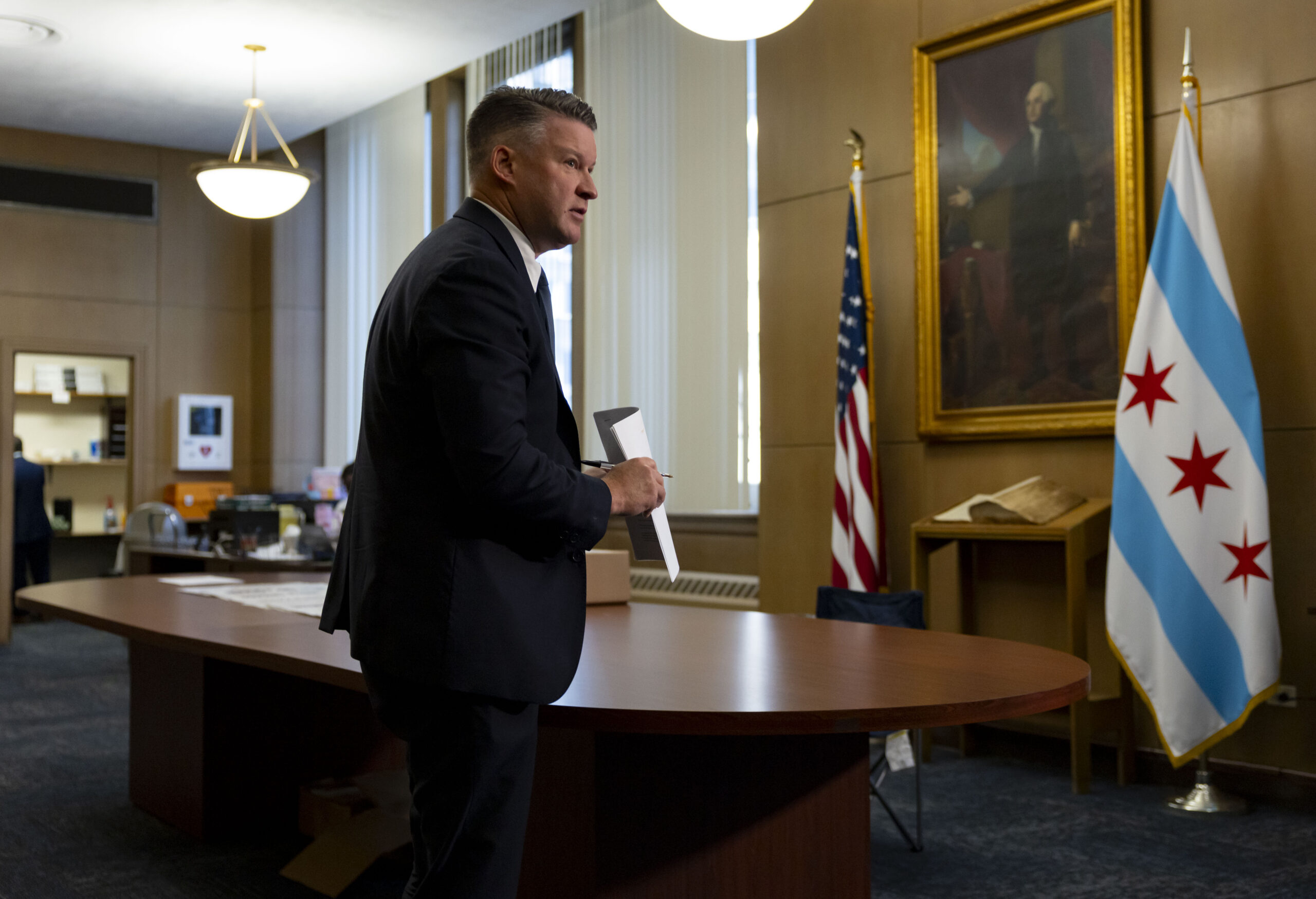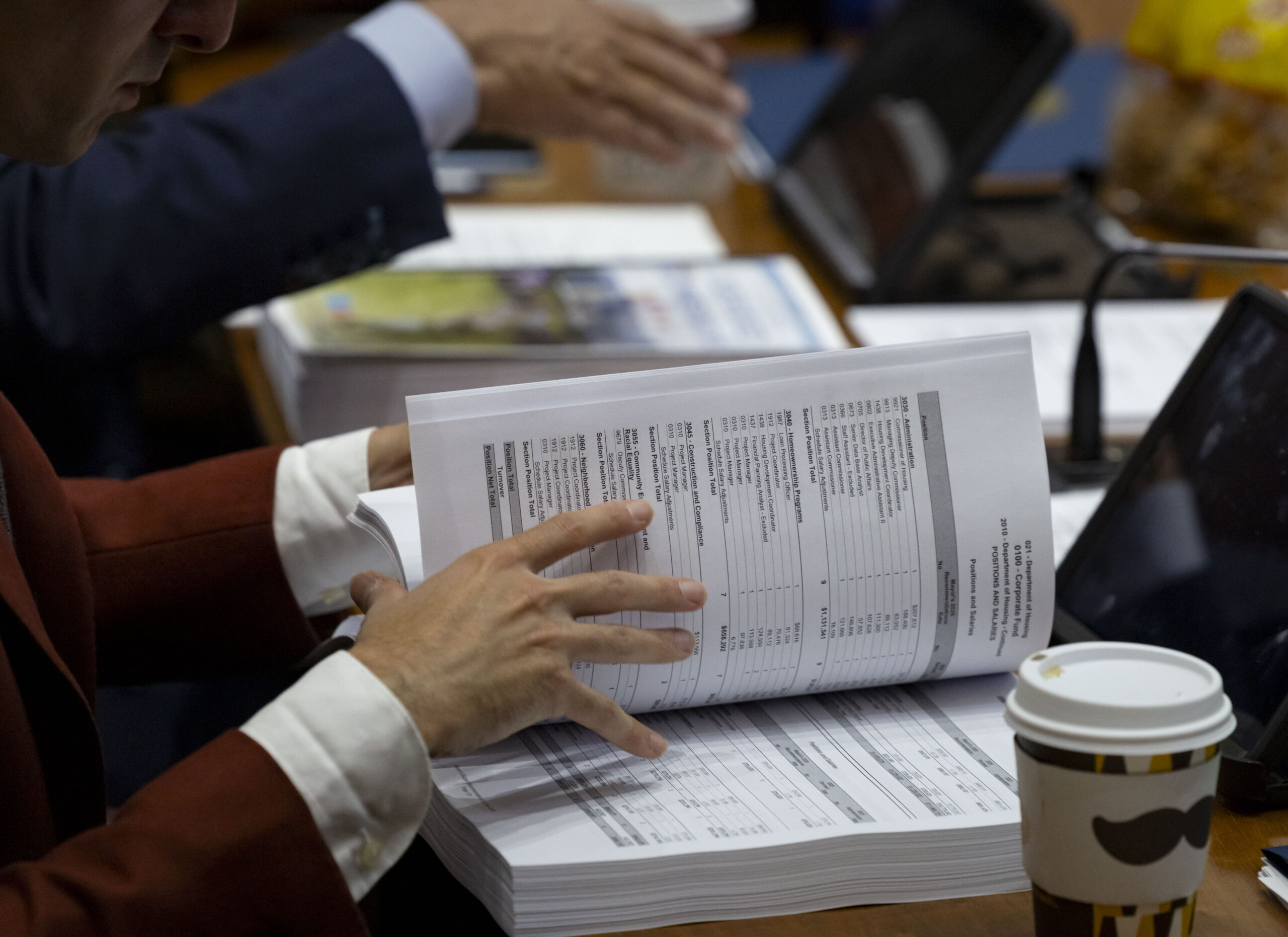Every Chicagoan feels it. Prices are up, the pandemic hangover lingers and tariffs have pushed everyday costs higher. For working families and small businesses stretched thin, life here keeps getting harder.
When we should be making it easier to live and work in Chicago, City Hall’s latest budget does the opposite.
The mayor’s $16.6 billion plan closes a $1.2 billion deficit with a revived head tax on employers, new surcharges on technology and ride-shares, and a sweep of tax increment financing districts.
We all want safe streets and strong schools. But this budget punishes the people it claims to help. The head tax is sold as a hit on big corporations, yet it lands on working Chicagoans — the servers, grocery clerks and warehouse employees — whose jobs are first to be cut or moved when hiring gets more expensive.
In our work with hundreds of small businesses, we hear the same story: Owners want to hire, invest and stay in Chicago, but the math no longer works. City Hall keeps layering on new costs and red tape, making it harder to create jobs in the very neighborhoods that need them most.
We wish we could fund everything in this budget. We can’t. If we’re serious about fixing the city’s finances, every part of Chicago — government, labor, business and residents — has to share the load.
Other cities chose discipline over denial. San Francisco balanced its budget this year by cutting vacant positions, trimming contracts and requiring every department to find savings while protecting core services. Chicago can do the same.
Start with demanding accountability. Require every department to reduce costs by a set percentage while maintaining service quality. Some can do it through vacancy management and smarter contracting. Others may need consolidations or, if unavoidable, layoffs. Those are hard calls, but avoiding them only makes reckoning larger later.
We also need to rethink how we grow. The proposed $21‑per‑employee community safety surcharge — a jobs tax by another name — doesn’t just touch CEOs. It hits restaurants, manufacturers and logistics firms that employ thousands. When hiring is cheaper in Oak Brook than in Chicago, jobs don’t vanish — they leave.
Instead of taxing employment, reward it. A stay-and-hire incentive — a temporary payroll credit for companies that expand or sign multiyear leases in Chicago — would encourage hiring and stability, especially in neighborhoods that need both.
On safety, we need focus, not fragmentation. Concentrate city resources on the small share of blocks that experience the most violence and restore order to the crimes that make daily life harder: carjackings, retail theft, robberies. The business community has stepped up with more than $100 million for violence prevention. City Hall should treat employers as partners, not piggy banks.
A blanket $1 billion TIF sweep might plug a hole this year, but it pulls the rug from under long‑term projects that create construction jobs and neighborhood investment. Triage those funds: Keep high‑impact projects moving, pause the rest and publish the list so taxpayers know what’s being delayed.
Yes, the city will still need revenue. Raise it fairly and efficiently: Collect what’s owed and negotiate voluntary “partnership payments” from large tax‑exempt institutions relying on city services. But we can’t tax our way out forever. Chicago’s future won’t come from more fees; it will come from more growth — making it easier to start a business, build a project and hire people here.
Make reform stick. Keep full pension payments to avoid deeper holes later. Create a City Performance Office that tracks results and reports each quarter. Build a city that measures what matters and spends like every dollar counts.
Chicago doesn’t need ideology. It needs execution and honesty. We can’t fund everything, but we can fix what’s broken, demand accountability, drop the job tax and focus on growth that helps workers and employers alike.
That’s how we get back to what Chicago does best: turning hard work into opportunity and pride into progress.
Liam Stanton is a lifelong Chicagoan, entrepreneur, and founder of The Chicago Style Project, a neighborhood advocacy group focused on bold, practical solutions for Chicago’s biggest challenges.
Submit a letter, of no more than 400 words, to the editor here or email letters@chicagotribune.com.

